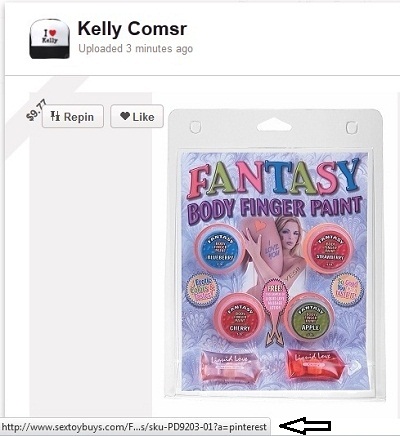

So how is this related to affiliate marketing? Say that the fashion blogger monetizes her content through affiliate marketing. This Pinterest board, managed by New York-based blogger The Glamourai, features 290 pins related to fashion, and has 17,374 followers. Pinterest is simply another way for bloggers to interact with their followers. And whenever those fans see a product recommendation from her, no matter what platform it’s on, they may be inclined to click through and complete a purchase. Those fans could follow her to various social media platforms, such as Facebook, Twitter, and Pinterest. The fashion blogger has fans that she built up via her blog. These collections are known as “boards,” and each link is called a “pin.” For example, a fashion blogger can create a collection of links to her favorite denim jeans. Pinterest is a social media platform that enables users to curate collections of most any online content. …merchants with affiliate marketing programs could see a drop in revenue from that channel, depending on how many affiliates use Pinterest to drive traffic.

On February 12, 2015, Pinterest announced that it would “automatically remove all affiliate links, redirects and trackers on Pins.” This is important news because merchants with affiliate marketing programs could see a drop in revenue from that channel, depending on how many affiliates use Pinterest to drive traffic.


 0 kommentar(er)
0 kommentar(er)
